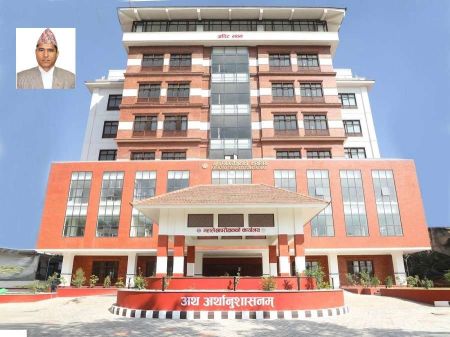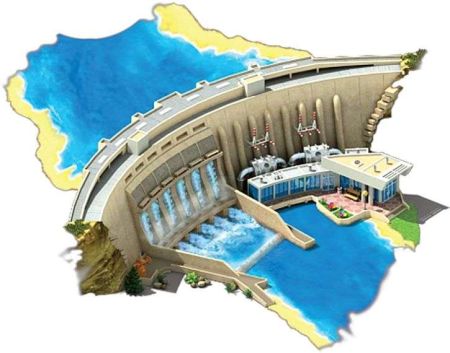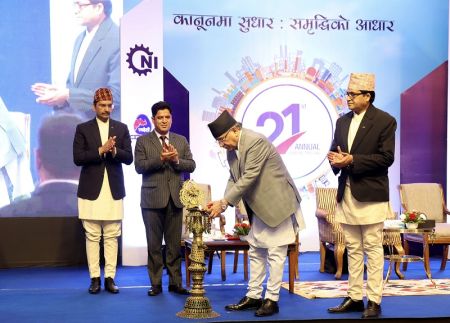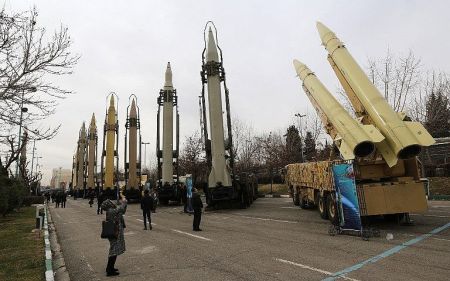The Government of Nepal has declared 2012 as the Investment Year. It was apparently meant to attract international investment, or foreign direct investment (FDI) into Nepal. But as the year closes to its end, there still is not any case of significant FDI entering this country. Worse still, a number of companies with such investment have already pulled their shutters down, or, planning to do so. The recent example is the closure of Kathmandu franchisee outlets of the global food chain KFC and Pizza Hut. And, as of penning these lines, there was no convincing sign of them opening soon. Even if they did, the damage done by the reason of its closure – overtly politicized labour highhandedness – is sure to be a detracting factor for the potential investors. Moreover, this is the second such case after Surya Nepal closed its readymade garments’ unit some six months ago, also due to industrial disputes.
.jpg)
Only political formalities like announcing an Investment Year by the government would never be enough to materially attract the investment. On the contrary if the ‘pull factors’ are adequate, such an investment would automatically flood in even without such announcements. Therefore, Nepal as the nation-state should first check whether such pull factors exist at all, at present.
As the fact of the matter, they don’t exist at all. The prolonged political uncertainty, as claimed by all and sundry, is not only the distraction; the radical Reds at the helms of state affairs with the ‘Maoist’ tag is even larger scary factor. The ruling party here might furnish innumerable arguments to establish how investment-friendly they are prepared to be. But why would a potential investor take pain of subscribing these sugar-quoted arguments instead of reading the writing on the wall–THE MAOISTS; whatever it means?
The trade union leaders at the Pizza Hut, after its closure came-up with a lame-duck statement to prove their innocence claiming that they were just forming a unit there and were not planning even to ‘immediately’ strike. That may or may not be true. But why would any investor even take the risk of running the trade under the perennial duress in over-unionized set-up?
There are many instances that the industrial disputes are not limited to securing the trade union rights of any company concerned, but in fact the means to achieve political objectives of the mother Party one is affiliated to. It’s been years that collective bargaining processes enshrined in the labour laws of the country are grossly dishonoured. Sheer force and political protection to union activities has been the cardinal modus operandi in extracting benefits from the employers.
Some other reasons like the power shortages, infrastructure deficits and lack of policy predictability could be cited as other bottlenecks to attract both international and domestic investment. They are but only secondary to overarching ultra-red communist image of the government and industrial anarchy created by the trade unions invariably led by party cadres rather than the workers. Not only international, even domestic investment is not likely to come by in any significant measure until and unless these fundamentals are changed for the better.






















